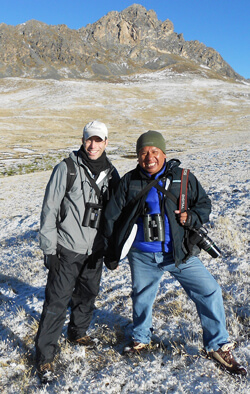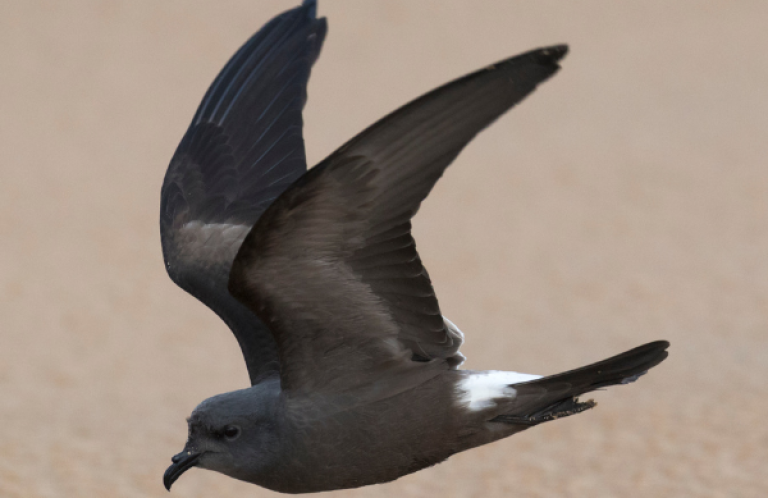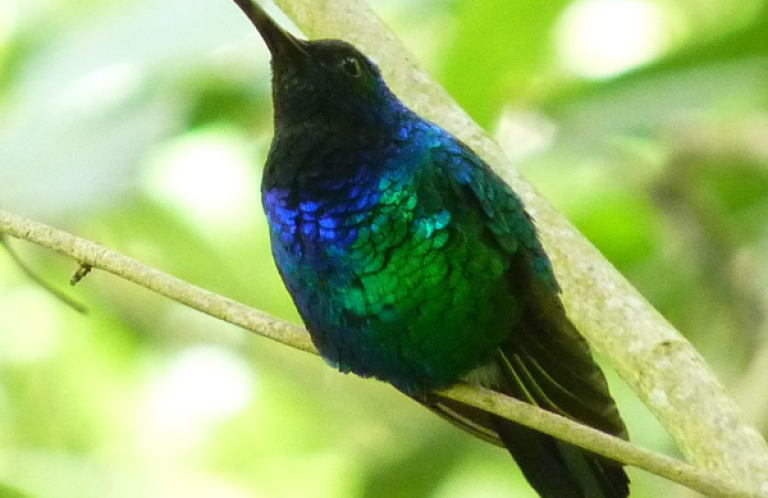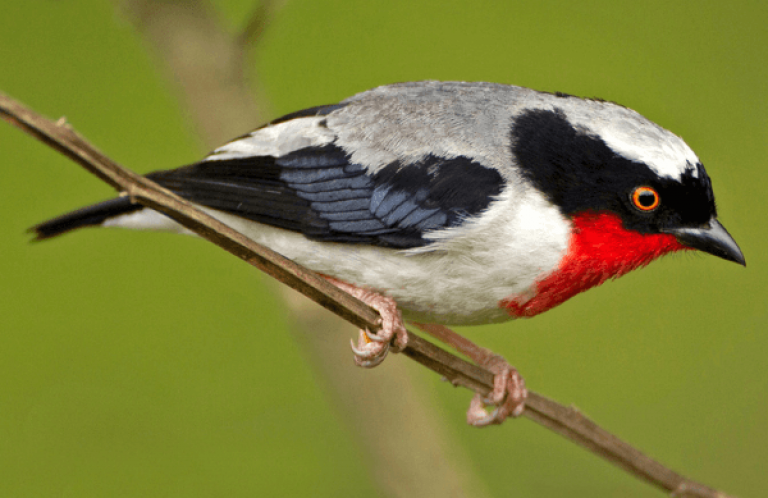Leader of Major Peruvian Conservation Organization Recognized with International Award
 | |
|---|---|
|
(Washington, D.C., November 7, 2014) Constantino Aucca Chutas, President of Asociación Ecosistemas Andinos (ECOAN), one of the leading conservation organizations in Peru, has been named the recipient of the prestigious 2014 Jean-Marc Vichard Conservation and Development Award by the Zoo d'Amnéville.
The award, which included a €10,000 (roughly $12,400) prize, is presented each year by the Zoo d'Amnéville, located near Metz, France. It is awarded to a person living and working in Africa, Latin America, Asia, or Oceania on a wildlife conservation project and whose work has produced a significant, positive, and remarkable impact on the conservation of endangered species through the use of notable development programs. This award was created to honor the late associate director of the Zoo d'Amnéville, Jean-Marc Vichard (JMV), who died in July 2011. The award is featured on the Facebook page of Awely – Wildlife and People, with photos of Aucca (who is better known as “Tino”) and ECOAN projects.
“This recognition is so well deserved,” said Dr. George Fenwick, President of American Bird Conservancy (ABC), a close ECOAN partner and one of the leading bird conservation organizations in the U.S. “Tino and ECOAN have made major strides in implementing a host of very successful conservation programs and initiatives, while also nurturing a growing conservation ethic in many of the communities they've interacted with.”
Fenwick continued, “We have worked closely with Tino and ECOAN on many projects and have seen first-hand his deep commitment to conservation and remarkable skills in working with local people to get the job done.”
Aucca co-founded ECOAN, an organization that leads community-based conservation projects in Peru. In northern Peru, ECOAN created a world-class nature reserve at Abra Patricia for the protection of endangered species like the Long-whiskered Owlet and yellow-tailed woolly monkey. Nearby, ECOAN helped the Pomacochas community establish an ecological easement – the first of its kind in Peru – for the rare Marvelous Spatuletail hummingbird.
These two sites are now anchor destinations for the northern Peru bird-watching route and have inspired additional wildlife protection measures among nearby communities. ECOAN has worked with communities surrounding these two reserves to plant more than 800,000 native trees and coffee bushes to restore forests and habitat connectivity among degraded private lands. This effort has benefited both local landowners and wildlife.
“Tino and ECOAN's effort to promote tourism, protect forests, and improve local livelihoods is spreading a culture of conservation in northern Peru well beyond ECOAN's project sites,” said Daniel Lebbin, Director of International Programs at ABC.
Another highly significant community-based ECOAN-driven project is located in the Vilcanota Mountains near Cusco in southern Peru. It involves 8,000 people across more than 20 indigenous Quechua-speaking communities and targets the protection of ancient Polylepis forests that grow at higher elevations than any forests in the world. These forests support several species of endangered Polylepis trees and a specialized community of birds, including the Critically Endangered Royal Cinclodes. These forests are extremely important in securing year-round supplies of fresh water for local communities, as they absorb moisture from passing clouds and then slowly release this water into streams even when rains are scarce. Over many decades, local people had degraded these woodlands by harvesting trees for firewood, diminishing tree regeneration by grazing their livestock in the forest, and burning pastures that also kill young trees.
For the last 13 years, ECOAN has worked with these communities to address the challenges they face in protecting these forests. Together, ECOAN and the communities reduced the demand for fuelwood from the remnant native forests by providing women in the communities with more than 6,000 fuel-efficient stoves and alternative sources of fuelwood. ECOAN also worked with the communities to plant fuelwood plantations (~200,000 trees) and plant roughly 800,000 Polylepis saplings to restore the forests. To incentivize conservation, ECOAN worked to deliver other benefits to the communities including securing community land tenure, constructing vegetable greenhouses, delivering solar electricity and water heaters, providing medical supplies, building tourism infrastructure, improving grazing practices, and providing technical training to improve the marketing of textiles to tourists.
“Communal work helps cover many project operational costs and also increases the community's commitment to protection. Only when people of the community are united can we do more to address environmental challenges. This is the answer. We can do this and more for our mother Earth,” said Aucca in appreciation for the award and the communities who participate in the Vilcanota project.
To date, seven of the communities have established formal protected areas on their territorial lands, and more reserves are in the process of becoming established. These reserves are legally designated as Private Conservation Areas (PCAs), recognized by the Peruvian national government and owned and managed by the communities with assistance from ECOAN. Together, the Vilcanota Reserve Network spans more than 15,500 acres and protects some of the most important Polyelpis forests in the world. A recent study in Ecological Economics featured the Vilcanota work as a case study of successful community-based conservation. Several PCAs already have trails for tourists and visitor centers or control posts to accept entrance fees.
In the next three years, ECOAN hopes to develop trekking routes and tourism in the Vilcanota Mountains to rival the top trekking destinations in the world. Success in that effort would provide jobs and income to participating communities through entrance fees, which will fund community reserve management, improve livelihoods for community members, and encourage the conservation of their forests as a source of clean water. The JMV prize money will be applied to the Vilcanota project.


















































